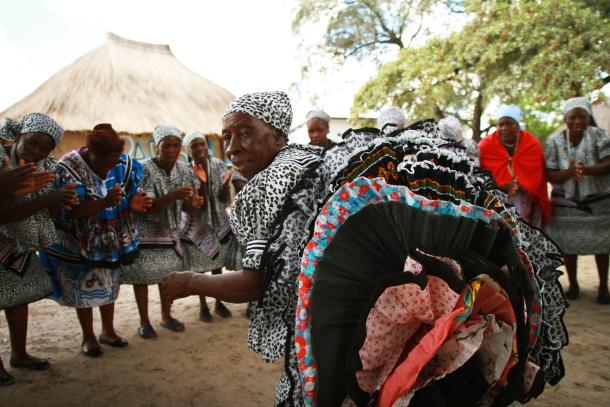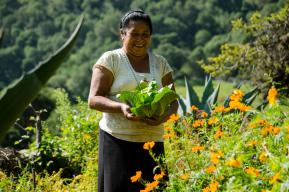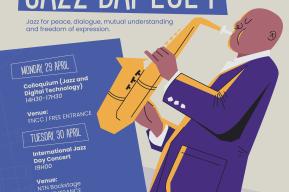Press release
UNESCO celebrates 20 Years of Living Heritage, adding 55 new inscriptions to its list

The Intangible Cultural Heritage Convention’s 20th Anniversary was also celebrated at the Committee Session. The convention is now ratified by 181 State Parties, and the list now includes more than 700 traditions and cultural practices.
55 New Inscriptions
Held from the 5 - 8 December, the 18th Intergovernmental session of the Committee was chaired by Botswana. Following debates, the 24 State members of the Committee decided to inscribe 55 new cultural practices:
6 practices were inscribed on the Intangible Heritage List of Urgent Safeguarding
45 practices were inscribed on the Representative List of the Intangible Cultural Heritage of Humanity
And 4 were inscribed on the Register of Good Safeguarding Practices
Including these new inscriptions, 730 cultural practices spread across 145 countries now make up UNESCO’s living heritage.
Further information on the new inscriptions of 2023
The Committee also awarded two international assistance grants: one to Zimbabwe for 321,300 USD, and the other to Paraguaray, for 74,500 USD. Since the Convention was created, UNESCO has financed more than 140 safeguarding projects in over 70 countries, totaling over 12 million US Dollars.
All the communities and the states whose living heritage is now part of our common culture", underscoring. This Convention is a powerful tool for safeguarding cultural diversity and local identities in the context of globalization.

In the case of more than half of the practices registered this year, techniques and know-how have been passed on within the family, from generation to generation. This characteristic is a reminder that intangible cultural heritage, as defended and promoted by UNESCO, is living heritage that is preserved by transmission between individuals – often family members.
The key role of women in the preservation and the transmission of cultural practices is at the heart of these new inscriptions. They are the true guardians of traditions, which are also often a source of emancipation and empowerment.
For the first time since 2008, this year the Committee inscribed a record number of 10 cultural practices from sub-Saharan Africa. It is clear that all regions of the world have now embraced this Convention, and demonstrate the same dynamism and capacity to inscribe their practices.
The Committee welcomed the 12 multinational inscriptions, because the Convention also acts as an important catalyst for cultural dialogue across borders.
2023 also marks the first time a practice has been inscribed as UNESCO living heritage by 5 countries: Angola, The Bahamas, Cameroon, Djibouti and Grenada.
Working to protect communities’ living heritage 20 years
UNESCO’s Convention for the Safeguarding of Intangible Cultural Heritage, which celebrated its 20th anniversary in Botswana this year, has radically transformed the way in which we think about heritage.
Thanks to this Convention, the very definition of cultural heritage is now broader. It is no longer just a matter of monuments, sites or stones. The convention recognizes that heritage is also alive - that it can be sung, written, listened to and touched. Each of us carries a part of this heritage in us, and protects it.

See our press kit: “Living Heritage : Safeguarding without Freezing”
Today, the Convention allows the voices of millions of practitioners and members of local communities to resonate throughout the world. Their skills, rituals and traditions are now protected and supported by the international community as a whole. Prioritized in the listing and safeguarding processes, local communities, often indigenous, have been the beating heart of this Convention for 20 years.
In addition to the inscriptions, UNESCO has been helping the States Parties to translate the rules and principles of the Convention into national law. UNESCO has for the past 20 years been helping the States Parties to transpose the rules and principles of the Convention into their national laws... As a result, intangible heritage now benefits in most countries from a legal framework for safeguarding, as well as educational and economic programmes – designed according to the same principle as those for built heritage.
The next committee session will take place in December 2024. It will be chaired by Paraguay.
Press Contacts

Phone: +33145682293

Phone: +33145681702









